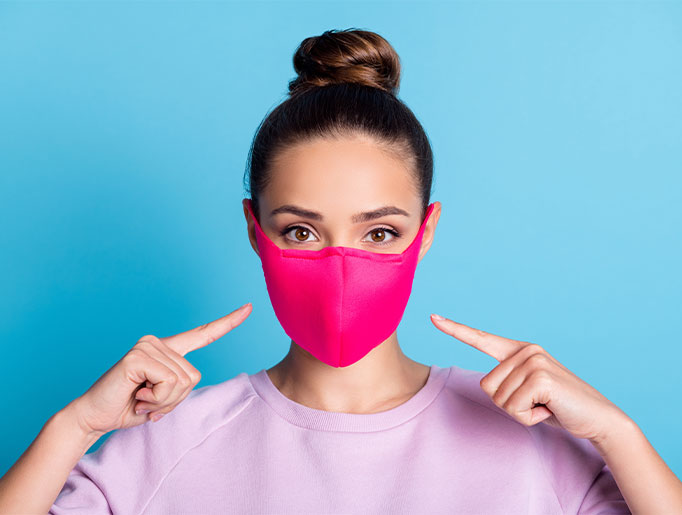The United States has one of the highest numbers of confirmed cases of COVID-19 in the world. As of this writing, the country has over 3 million confirmed cases and over 140,000 deaths.
With the continuous surge of COVID-19 cases, many states and establishments are requiring people to wear masks in public.
Even with social distancing, why do we have to wear masks?
Several studies have shown that many people infected with COVID-19 don’t show symptoms. For those who are symptomatic, they’ve already been infected a few days before they start showing the symptoms.
For these reasons, experts believe that wearing a mask can help prevent the further spread of the virus. This is critically important especially in places where there’s a chance of being in close contact with other people (e.g. shopping).
How about people with asthma? Would wearing masks exacerbate their condition?
There are certain conditions on which wearing a mask may not be appropriate. CDC does not recommend wearing a face covering to the following groups:
- Children under 2 years of age
- People who have difficulty breathing
- People who are unconscious or people who don’t have the ability to remove the mask by themselves
As for people with asthma, wearing a face-covering may not be an issue if it’s just mild or controlled. However, it might be an issue if you have severe asthma attacks that have frequent exacerbations.
If conventional face coverings can be an issue for you, try wearing a mask made of different fabric or fit. If it’s still an issue for you, you can protect yourself from COVID-19 in several ways:
- Stay home as much as possible.
- For groceries, you may want to try home delivery services.
- Avoid going out unless it’s really necessary.
- When going out, keep a distance from other people (about at least 6 feet).
- Avoid being in close contact with people who are sick.
- Wash your hands often.
Asthma attacks can be fatal. If you’re experiencing symptoms of severe asthma attacks, please seek medical attention immediately.
Greater Knoxville ENT has specialists who have years of experience in diagnosing and treating conditions of the ears, nose, and throat. To request an appointment, you may call us at
(865) 244-4396.
Reference:
https://community.aafa.org/blog/what-people-with-asthma-need-to-know-about-face-masks-and-coverings-during-the-covid-19-pandemic

